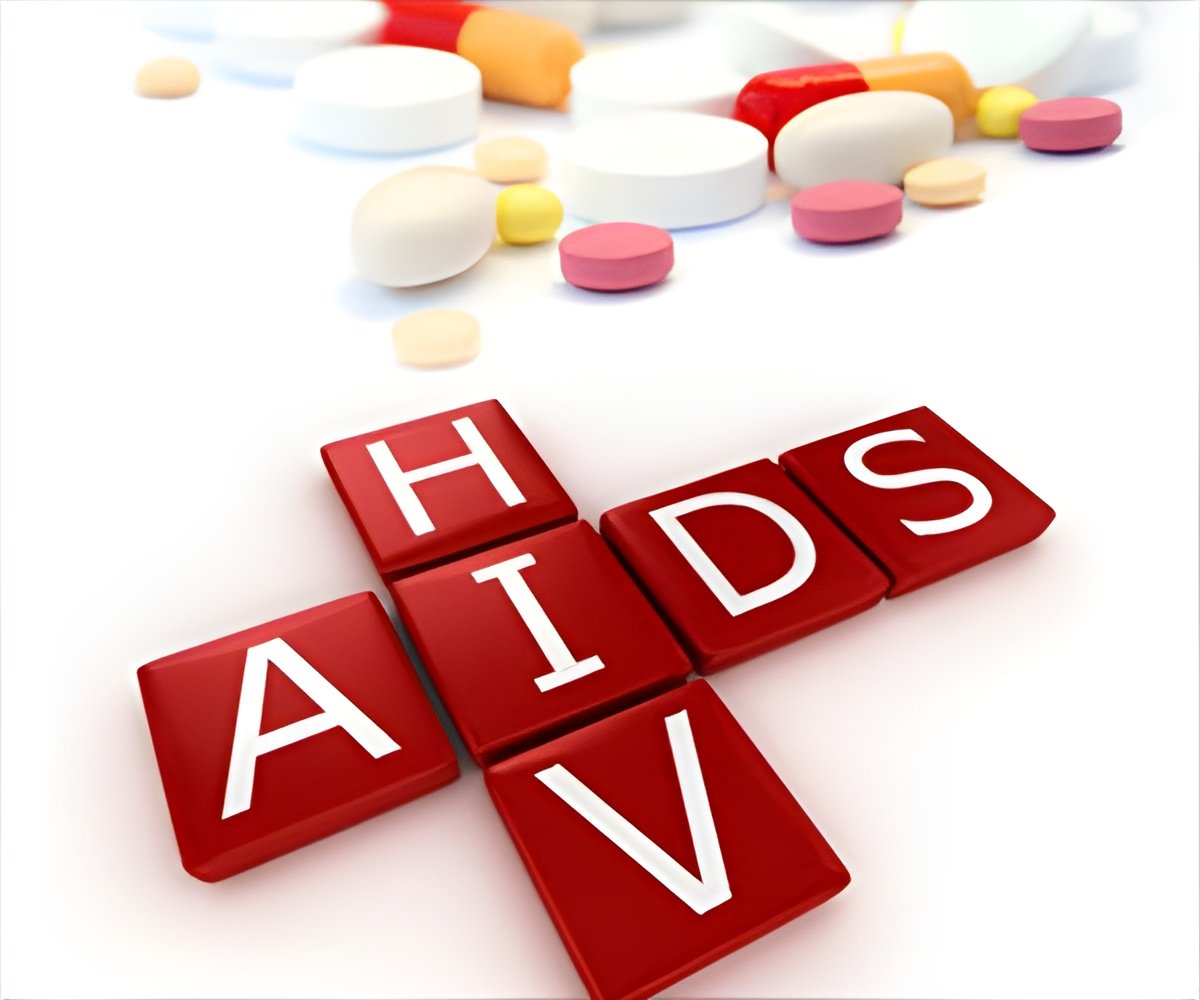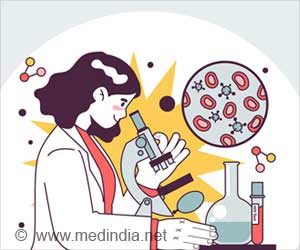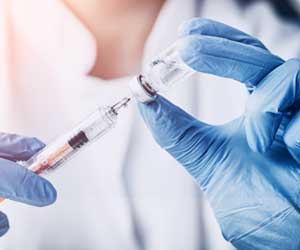The ongoing HIV vaccine trial currently being conducted in Thailand is shedding more light on how immune responses were triggered.

The vaccine trial, known as RV144, used two investigational vaccines in combination, resulting in an unprecedented 31 percent protection rate among participants. While encouraging, that rate fell short of the minimum needed for public health use. However, additional analyses of the trial's data are yielding a trove of information about the virus and its potential vulnerabilities.
Last year, Duke researchers published a study in the New England Journal of Medicine that detailed clues to why the vaccine tested in the RV144 trial protected some volunteers.
In the current analysis, study authors, led by Georgia D. Tomaras, PhD, director of the Laboratory of Immune Responses and Virology at DHVI, explored the inverse relationship that helps explain why the vaccine may have failed to protect more of the participants.
"We learned that a specific vaccine-induced immunoglobulin A can weaken the protective effect of immunoglobulin G. IgA competes with IgG to bind to the same site on the virus's outer envelope that is exposed on infected cells," Tomaras said. "In work with my colleague here at Duke, Dr. Guido Ferrari, we found that the IgA antibodies can block the activity of natural killer cells activated by IgG, further interfering with the vaccine-induced immune response."
Tomaras added that decreased vaccine effect was higher among participants who had more specific immunoglobulin A evident in blood samples compared to immunoglobulin G, suggesting that the ratio of virus-specific IgA to IgG in blood may be an important marker for vaccine effectiveness.
Advertisement
In addition to Tomaras, study authors at Duke include Guido Ferrari, Xiaoying Shen, S. Munir Alam, Hua-Xin Liao, Justin Pollara, Mattia Bonsignori, M. Anthony Moody, Xi Chen, Brigid Poling, Cindo O. Nicholson, Ruijun Zhang, Xiaozhi Lu, Robert Parks, David C. Montefiori and Barton F. Haynes; along with Youyi Fong and Peter B. Gilbert of the Statistical Center for HIV/AIDS Research & Prevention; Jaranit Kaewkungwal and Punnee Pitisuttithum of Mahidol University, Thailand; Sorachai Nitayaphan of Armed Forces Research Institute of Medical Sciences, Thailand; Supachai Rerks-Ngarm of the Department of Disease Control, Ministry of Public Health, Thailand; and Jerome H. Kim and Nelson L. Michael of the U.S. Military HIV Research Program.
Advertisement
A full listing of research support is provided in the study manuscript.
Source-Newswise















